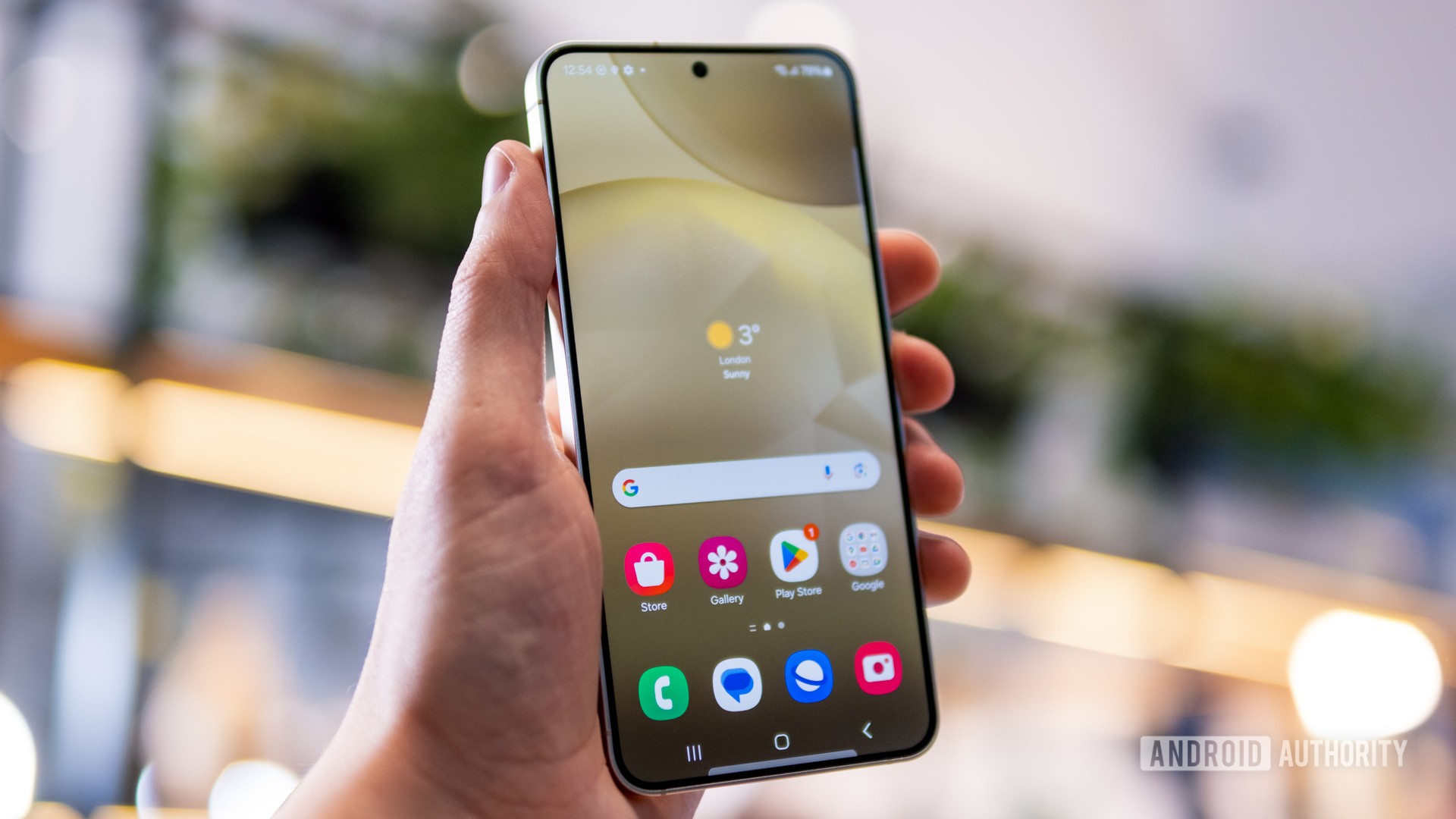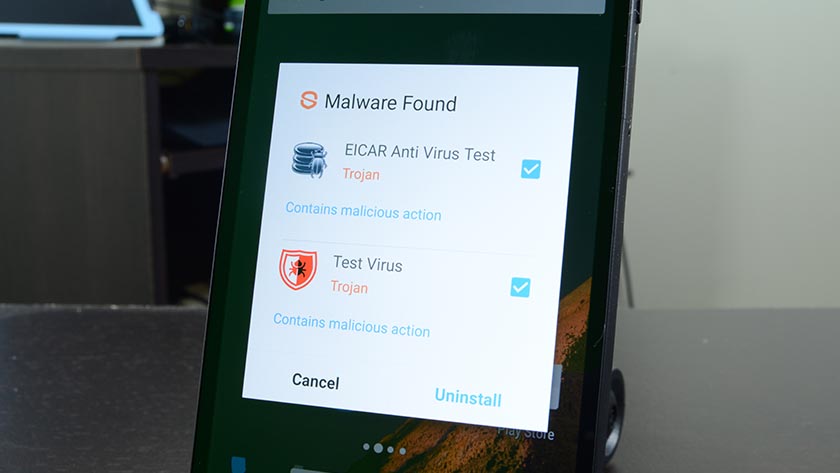Affiliate links on Android Authority may earn us a commission. Learn more.
Do you need Mobile Antivirus software?

With plenty of sensitive information stored on mobile devices, this is a fair concern. To answer this question, we must first look at how malware affects Android devices, and how these malicious applications become installed.
What does Malware do on Android Devices?
There are a few main functions of malware on Android devices:
- Ransomware: these programs limit access on the compromised device, such as preventing users from launching applications. They demand payment in order to regain access of the device.
- SMS Trojans: These apps secretly send texts to premium numbers, raising users’ phone bills through the roof.
- Adware: Adware automatically shows advertisements on the user’s device, often in the notification tray. Note that these applications are considered a “gray area”, as they may not cause serious harm to users’ devices, but are very much annoying.
- Spyware: Spyware is a less specific term than the others in this list, however it encompasses all malware that aims to collect data from its users, such as credit card and account passwords.
How do you get Malware on your Device?

The most common way of getting malware on Android devices, by far, is installing infected APK files from third-party sources. This can be a big issue with pirated keyboard apps, as even if they work, they could contain a keylogger, recording every keystroke you make. Of course, if you don’t pay attention, shady websites may end up downloading malicious files onto your device, but they require the user to open and install them in order to have effect.
In short, if common sense regarding shady websites are used, your device is will likely be fine. For less tech-savvy users (such as those who may confuse a fake download advertisement with a real download button), an antivirus application may be a good solution in theory. However, there are quite a number of mobile antivirus apps, so which should be used?

What do Android Antivirus programs do?

Android antiviruses, like those on your PC, will attempt to find malware on your device. Unlike PC-based antiviruses, the best an Android antivirus can do is find the culprit application and allow you to uninstall the app yourself. In the end, all good mobile antivirus apps function pretty similarly: they attempt to detect malware in your files and applications. However, each app is differentiated by how much malware they detect, and the features they boast
If I really want Anti-virus software, which Should I use?
According to AV-Test.org, the best antivirus application as of September 2015 is AhnLab V3 Mobile Security 3.0. Most notably, it was the only app tested that detected all 4541 samples of malware tested in real-time (although many other top competitors detected over 99% of them).
Avast! Mobile Security 4.0 is another popular choice, coming in with a whole host of features, such as a firewall and network meter. Other top names on the list included offerings from Antiy, Kaspersky, Norton, and Bitdefender. Aside from standard anti-malware capabilities, you’ll often find call blocking, safe browsing and anti-theft features as almost standard. Other, less common features include the ability to encrypt files and filter messages. Overall, any top antivirus on the list is a solid choice.
So, do you need a Mobile Antivirus?

No, not really. Using trusted sources like Google Play for apps and avoiding shady websites will ensure your odds of running into viruses and other malware stays low. And honestly, Antivirus software comes with its own pitfalls, with many of these apps slowing down performance or even potentially containing malware, despite their promise to prevent it. For family members (children, spouses, parents, etc) that are less tech savvy, the odds of them even knowing how to download third party apps are pretty low, but it wouldn’t hurt to explain to them to never download any apps unless they come directly from a trusted app store.
Bottom-line, caution when downloading and visiting sites goes a long way. If you do that, you’ll find most of the reports of “malware on Android” are more FUD pieces that reality.
** post written by contributor Oscar Wong **